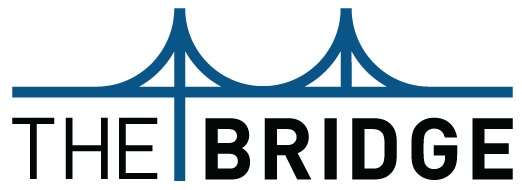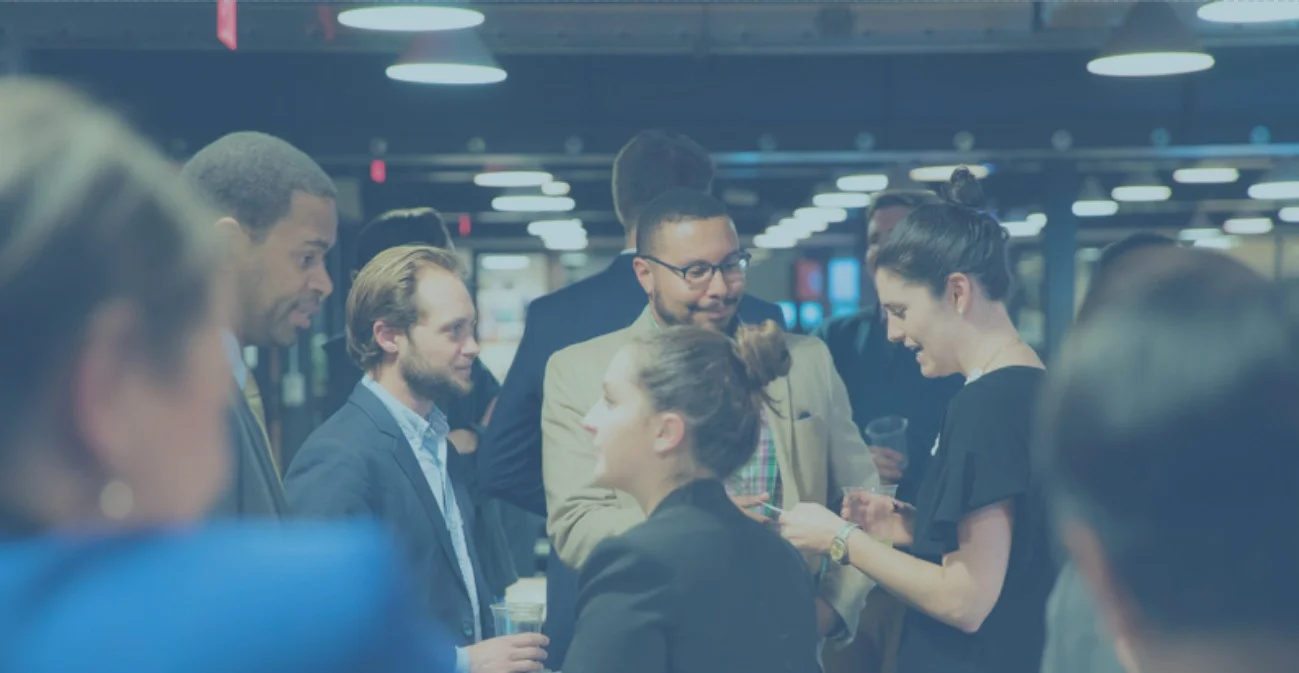TheBridge profile: Evan Burfield
Name: Evan Burfield
Current city: Washington, DC
Current job: CEO of Union.vc
Past job: CEO of 1776.vc
Q. Favorite spot for a coffee meeting? Dolcezza at 14th. It's a 10 minute walk from our offices, so it's a nice excuse to get out, walk and talk, then enjoy a nice coffee.
Q. Describe how a skill you learned in a previous job helped you in your current job. 1776 was a crazy, amazing, whirlwind experience from beginning to end. I learned more than I ever imagined about building startup ecosystems, the business models for incubators and accelerators, startup investing, economic development, corporate innovation, and engaging with policymakers and VIPs. Vibrant startup ecosystems are vital to the health of cities across America and around the world, but it's hard, hard work.
Today, Union helps powers those startup communities. We build tools and share data that makes the jobs of startup community leaders a little easier. Whenever we're exploring a feature or a new offering, my constant gut check is whether this would have actually made my life easier back when we were launching and scaling 1776.
Q. Job advice in three words? Never Give Up. I've been building startups, supporting startups, or investing in startups since I was 18 (seriously). Anything really worth doing--whether a startup, or other endeavor--is going to be hard. The bigger the vision and impact, the more it will test you. Sometimes you'll fail, and sometimes those failures will be painful and public. But if you believe in what you're doing then the biggest rewards usually come right after the moment when you most wanted to throw in the towel.
Q. How are you (or your company, org, nonprofit) currently bridging the gap between politics and tech? In my "day job" with Union, we build tools that help startup communities support their startups, investors, corporate partners, and often public sector stakeholders. More and more startup activity is disrupting complex legacy industries like health, energy, transportation, and security. Successfully building and scaling startups in those industries requires building relationships with VCs and customers, but often policymakers and influencers as well.
In my "free time" I'm an author and writer. I recently published Regulatory Hacking: A Playbook for Startups with Portfolio | Penguin. Regulatory Hacking explains why and how you build and grow startups in complex markets that are deeply intertwined with government. I use a lot of stories from startups I've worked with around the world to bring things to life. It's kind of How I Build That meets The Lean Startups meets Civics 101.
Q: What can innovators teach policy makers? There are two things about the startup world that stand out to me in contrast to DC. The first, is the sheer sense of the possible. Startup founders and great VCs just assume that big things will change and the world will get better. As a result... sometimes they do. The second, is a default toward sharing. If you Google "growth hack" or "blockchain" you will literally get millions and millions of hits. As soon as someone in the Valley figures something out, they write a blog post and share it with the world. A lot of DC insiders would probably read Regulatory Hacking and think, "hey, this is all pretty obvious stuff." Except it's not obvious to the vast majority of startup founders because DC doesn't default toward sharing. Instead DC is a town of dark arts. If you figure out a really clever way to get a regulation changed in your favor, you don't tend to write a blog post about it. It's a shame because a lot of the things that DC does really are about making the world a better place and more people would benefit from knowing how it actually happens.
Q: What can policy makers teach innovators? That there is more to the world than users and clicks. That the public interest and society and citizens matter. DC can mess a lot of things up, but I continue to believe that most people come to DC because they deeply want to make the world better. And DC teaches you quickly that you have to understand the needs and concerns of many different stakeholders to get much done.
I believe strongly that the major returns from the next twenty years of tech startups--both financially and from impact--will come from startups applying mind blowing new technology to complex, highly regulated markets. The big, sustainable winners in this era will be startups that deeply care about how they impact the public interest--and genuinely benefit society--in everything they do. It's not enough just to slap "Don't Be Evil" in your email footer and go about your merry way.
Q: How many hours of sleep do you get? I have lots of "children" to look after. In addition to building Union and writing, I manage 1776 Ventures with Donna Harris, my cofounder at 1776. We have around 34 startups in the portfolio, so there's always one that needs help tackling a problem or applying a regulatory hack. And I also have actual human children, an almost three year old daughter and a son who's almost one. The interesting thing is that I still get six or eights hours of sleep most nights. I've just had to become brutally efficient at priorities and managing my time.
Like TheBridge Profiles? Sign up for TheBridge Update (free) HERE!


